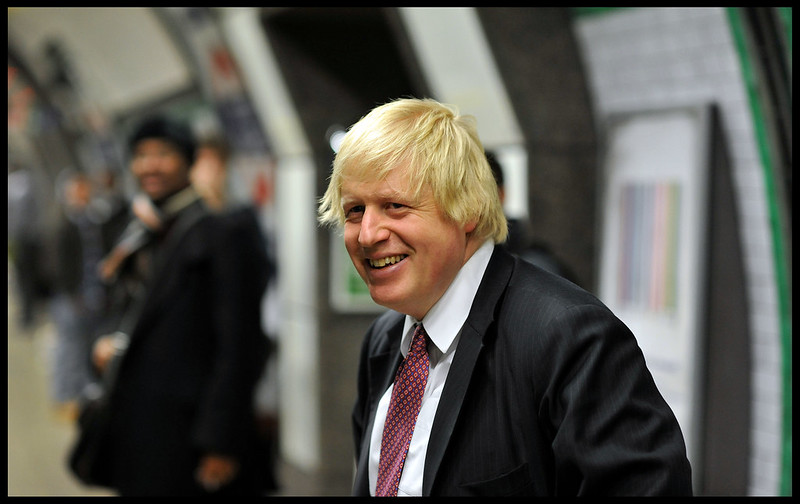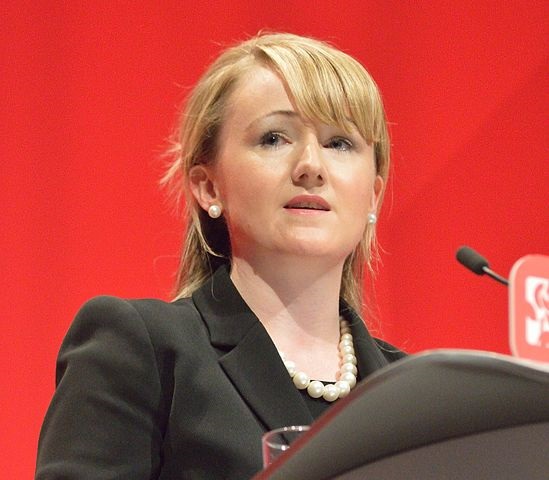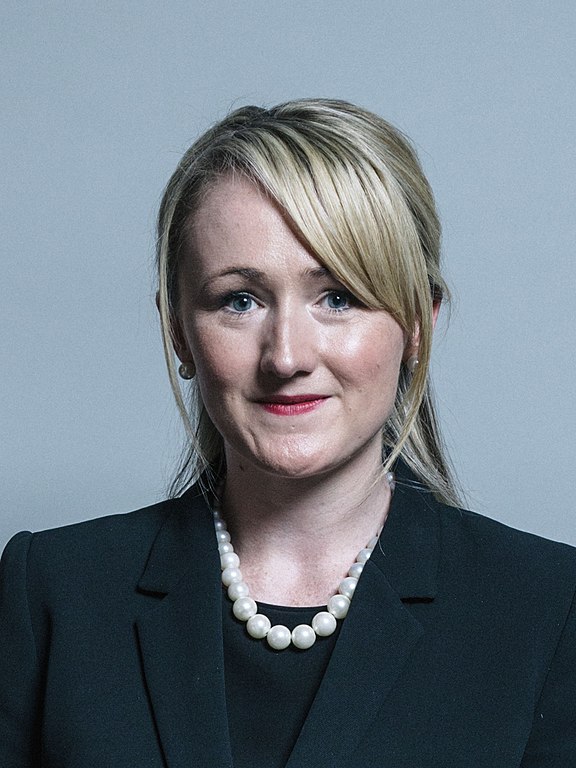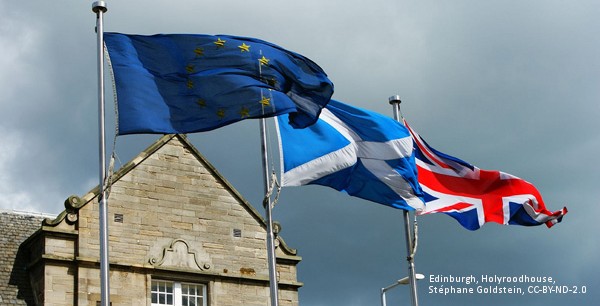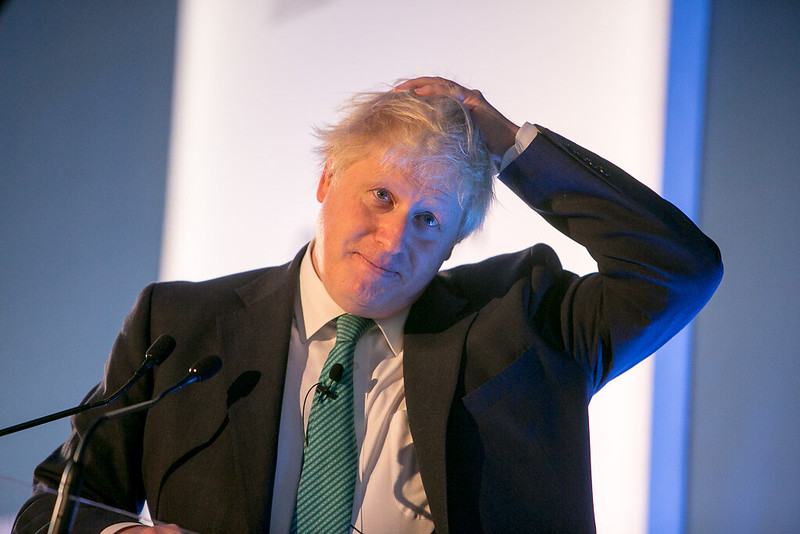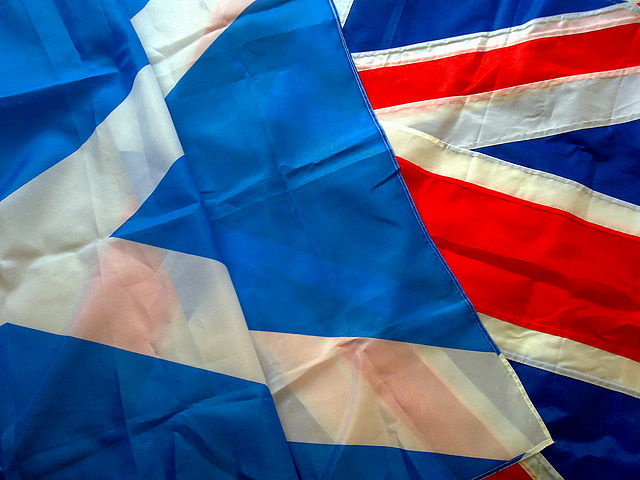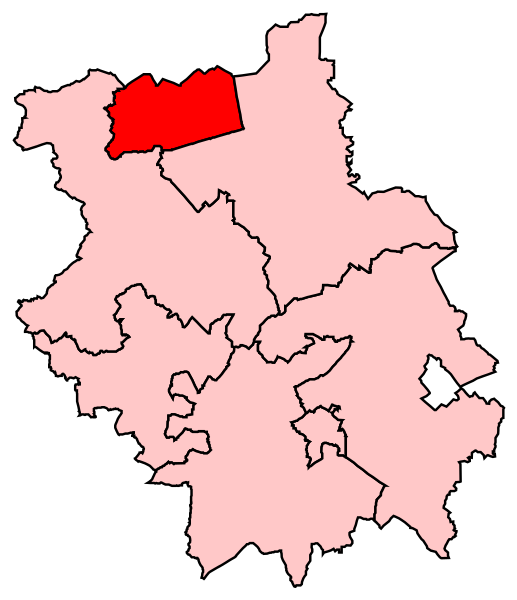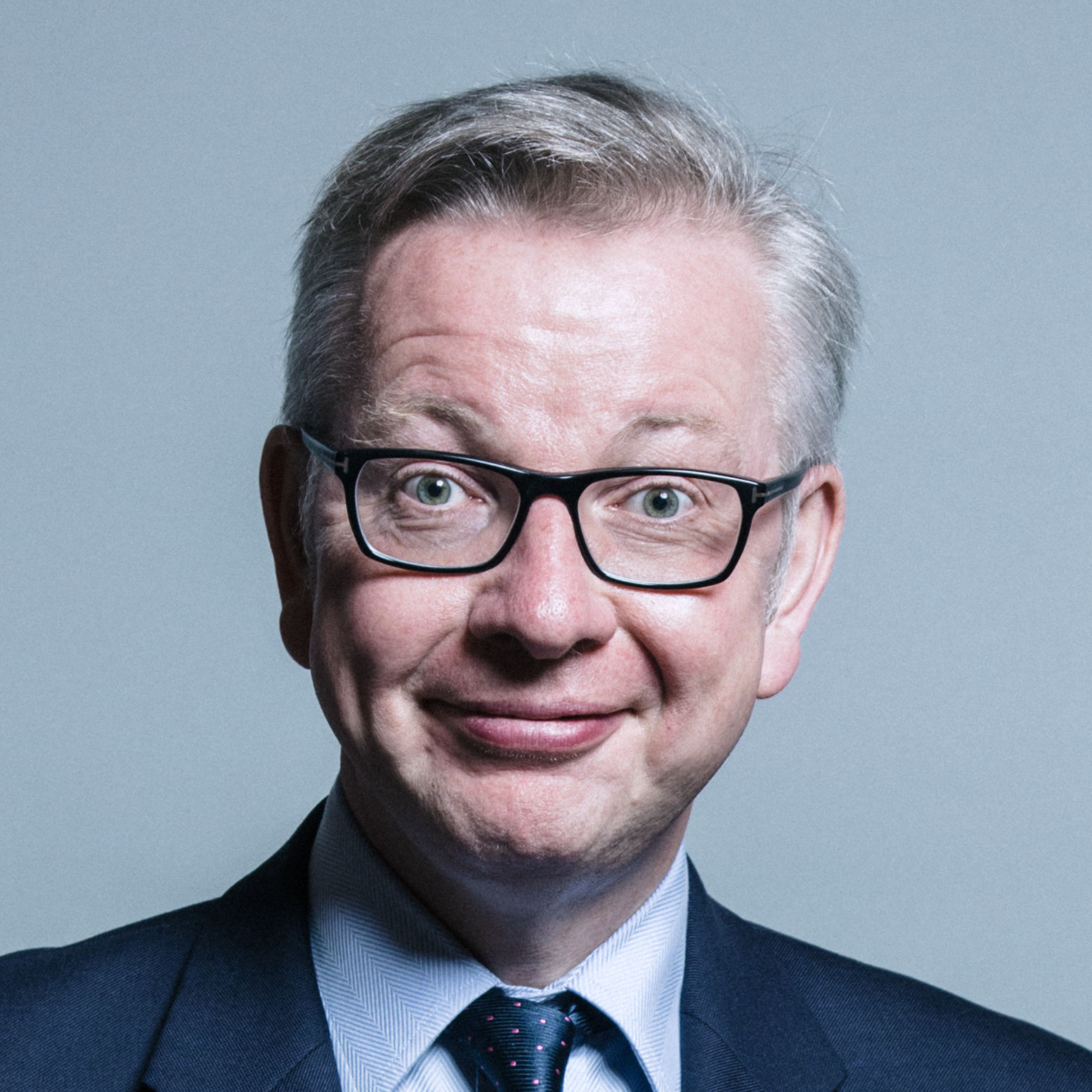19 June 2019 | ANALYSIS
A cacophony of noise without substance. Rather than being a contest which should assist Conservative Party members in deciding the next Prime Minister, the debate was an episode of playground politics amongst primary school children.
The dynamics ahead of tomorrow’s third round ballot have not changed. Michael Gove, Jeremy Hunt, Sajid Javid and Rory Stewart are vying to finish in second place and join Boris Johnson on the ballot paper ahead of the Tory membership vote in July. In reality, the debate was not a game changer and failed to live up to expectations. Despite an underwhelming performance, Boris Johnson did not suffer any mortal blow to his chances of becoming the next Prime Minister.
Johnson refused to answer questions directly, but the number of participants and the absence of a studio audience ensured that he was not held accountable. He appeared to be riding two horses by describing ‘no deal’ on October 31st as only ‘feasible’. It was not a definite commitment – a deliberate tactic designed to prevent Stewart from capitalising. The former London Mayor refused to reject Heathrow expansion, despite expressing ‘grave concerns’ regarding noise and air pollution. It is clear that whilst Stewart is appealing to wider electorate, Boris is adhering to the immediate task at hand: appealing to MPs. Heathrow expansion and a ‘no deal’ Brexit are controversial issues; Boris is unwilling to alienate his supporters from either side of the argument.
Despite encouraging Boris to participate in debates so he could expose supposedly unrealistic proposals, Stewart’s momentum stalled as the other four candidates exposed his anti no-deal Brexit approach. The Development Secretary was accused of ramming the same ‘cold porridge’ through Parliament by Michael Gove; Jeremy Hunt articulated that Britain would lose their negotiating leverage by taking no-deal off the table, and Sajid Javid, who demonstrated his competence, claimed that keeping no deal as an option helps ‘focus minds’.
Unsurprisingly, the candidates had different options regarding how they would resolve the Irish border issue. Johnson believed that the Irish border question can be solved during the implementation period; he inaccurately used General Agreement on Trade and Tariffs (GATT) Art. XXIV as a justification for the absence of tariffs. For Article XXIV to be invoked, there must be an agreement of sorts between the EU and UK. Sajid Javid commented that technology could solve the border issue, despite there being no evidence of such infrastructure in place. Contrastingly, Gove and Hunt believed they could renegotiate the Withdrawal Agreement – despite Brussels confirming that there would be no renegotiation, as it stands. Not all the candidates can be correct, so it is clear that the bedevilled backstop will continue to dominate the Brexit discourse into the autumn (and beyond).
Boris used a question on tax and spending to discuss what he had done previously whilst arguing that he would increase National Insurance thresholds, without providing any detail. Johnson was criticised for prioritising income tax cuts for citizens earning in excess of £50,000. Rory Stewart continued to polarise, suggesting that there should be no tax cuts; Jeremy Hunt pledged that individuals should earn their first £1,000 every month without paying any income tax or National Insurance, whilst also articulating that he wanted to ‘turbo-charge’ a post-Brexit economy. This would entail cutting corporation tax to 12.5%. However, the sustainability of this policy has been questioned as bust, typically, follows boom.
Sajid Javid received a verbal commitment that there would be an external investigation into Islamophobia within the Conservative Party. Boris Johnson apologised for any offence caused by some of his comments, which he claimed he made when he was a journalist, although he was a politician when he claimed that Theresa May’s Brexit withdrawal agreement was a ‘suicide vest’ wrapped around the British constitution, and that veil-wearing Muslims looked like letter boxes. Rory Stewart will surely feel regretful if this debate proves to be a turning point in his chances to become Prime Minister. He could have been more assertive in condemning Donald Trump for retweeting the far-right commentator, Katie Hopkins, who described London under Sadiq Khan as ‘Londonistan’.
This leadership debate failed to live up to the theatre of previous contests and clarity often went awry. The conservative and restrained approach of Mr. Johnson did not prove detrimental. As Stewart disappointed and the rest failed to shine, this leadership election remains Boris Johnson’s to lose.






